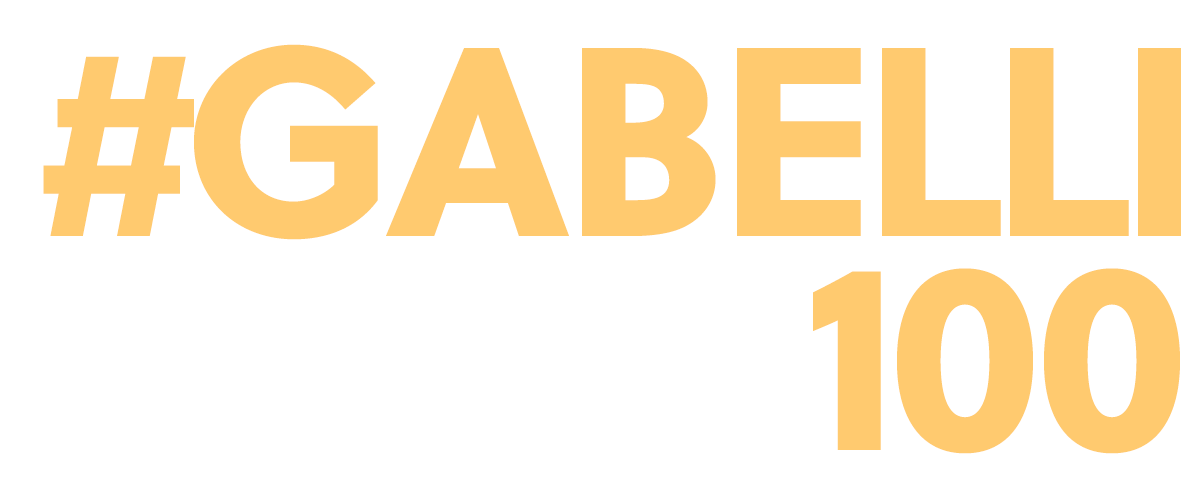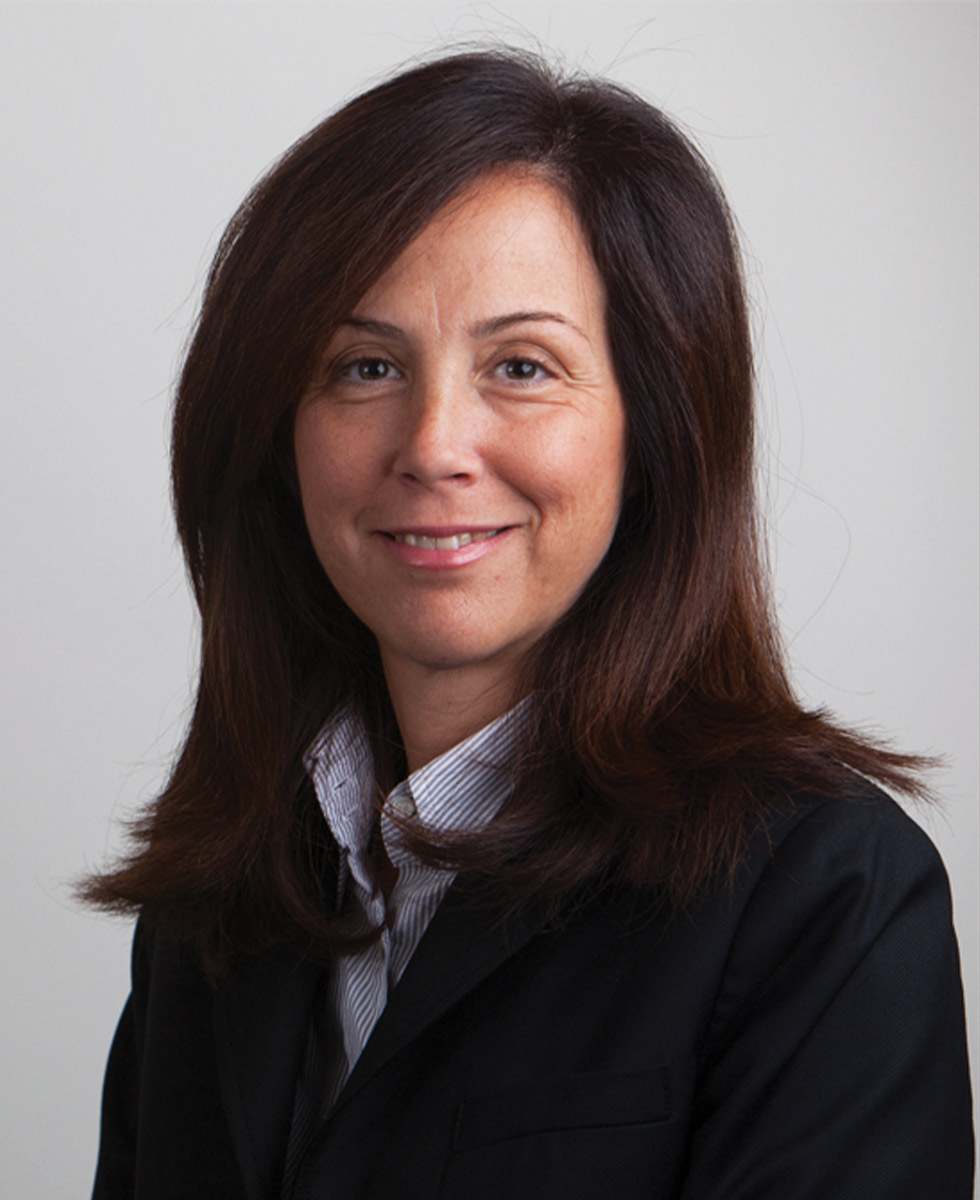
ver the last decade, “resilience” became a common word in business. Consultants have evaluated the resilience of corporations. Leading business journals have published articles on what resilience is and why it matters. Here at the Gabelli School, it became a trait we sought to instill in our students. We even teach an undergraduate class with the word in its title.
The last few months have shown us the reality and the importance of resilience in a way that is far more vivid than any corporate seminar or journal article. In the face of the COVID-19 pandemic, each of us has been called upon to persevere, to adapt, and to find ways to press ahead.
That resilience is endemic to the Gabelli School. Our school was born on the heels of the 1918 influenza pandemic, when society found the strength not only to stabilize, but also to take exciting new directions. The 1920s brought both promise and progress, including the 19th amendment, which granted women the right to vote.



Kelsey Butler, FCLC ’10
Jean B. Edwards
Chelsee Pengal
Patrick Verel
o matter the business, agility is key to preparing for the unexpected. As Fordham’s campus life transitioned off site for the spring due to COVID-19, the Gabelli School community, like organizations worldwide, had to rapidly adapt.
The first change entailed ensuring instructors could use virtual platforms including Zoom, Adobe Collaborate, and WebEx starting March 11, when all courses moved online for the remainder of the semester.
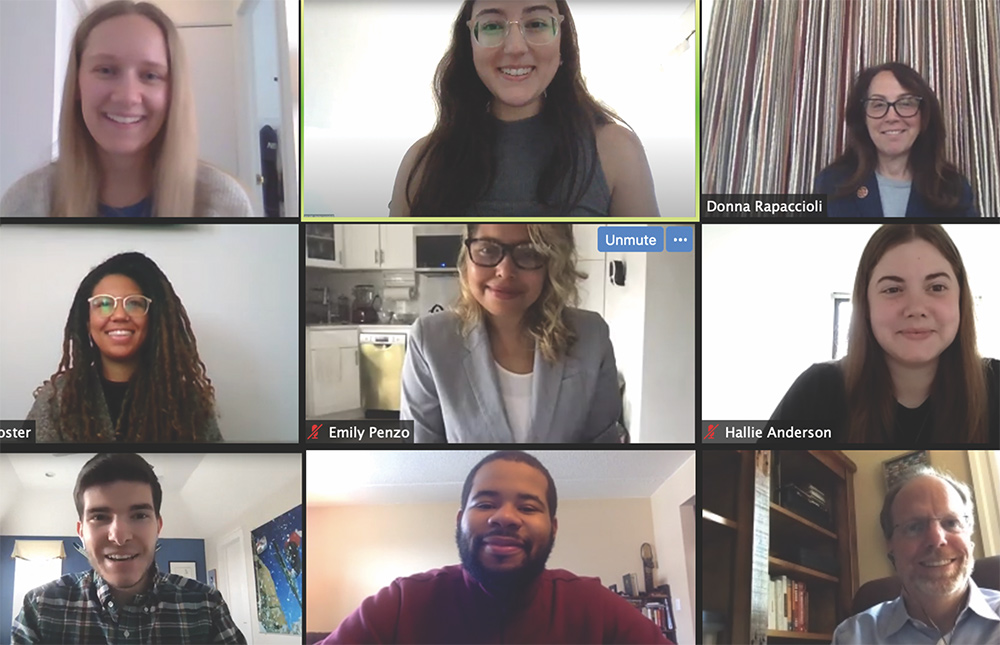
o matter the business, agility is key to preparing for the unexpected. As Fordham’s campus life transitioned off site for the spring due to COVID-19, the Gabelli School community, like organizations worldwide, had to rapidly adapt.
The first change entailed ensuring instructors could use virtual platforms including Zoom, Adobe Collaborate, and WebEx starting March 11, when all courses moved online for the remainder of the semester.

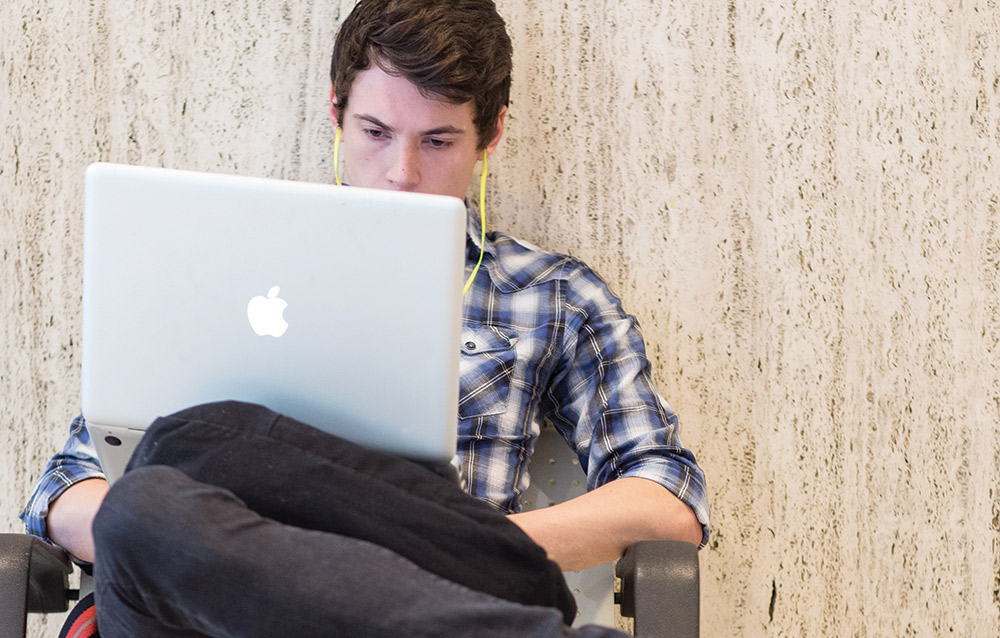
tudents and business professionals who wish to earn a master’s degree in management, strategic marketing communications, or global finance from the Gabelli School of Business can now do so from their desktops, anywhere around the world.
“Our online programs combine asynchronous and synchronous/live sessions, which allow students to engage in a virtual classroom,” said Kerri Mizrahi, Ed.D., director of online learning.
tudents and business professionals who wish to earn a master’s degree in management, strategic marketing communications, or global finance from the Gabelli School of Business can now do so from their desktops, anywhere around the world.
“Our online programs combine asynchronous and synchronous/live sessions, which allow students to engage in a virtual classroom,” said Kerri Mizrahi, Ed.D., director of online learning.

he Gabelli School recently committed $100,000 to the Fordham Angel Fund, a new fund overseen by the Fordham Foundry that provides seed money to businesses run by current undergraduate and graduate students.

he Gabelli School recently committed $100,000 to the Fordham Angel Fund, a new fund overseen by the Fordham Foundry that provides seed money to businesses run by current undergraduate and graduate students.

ive academic papers examining various dimensions of social entrepreneurship and innovation were published in the Humanistic Management Journal in December 2019. The scholarship is the culmination of research projects that began a year earlier at a thought leadership conference organized by the Gabelli School.

ive academic papers examining various dimensions of social entrepreneurship and innovation were published in the Humanistic Management Journal in December 2019. The scholarship is the culmination of research projects that began a year earlier at a thought leadership conference organized by the Gabelli School.

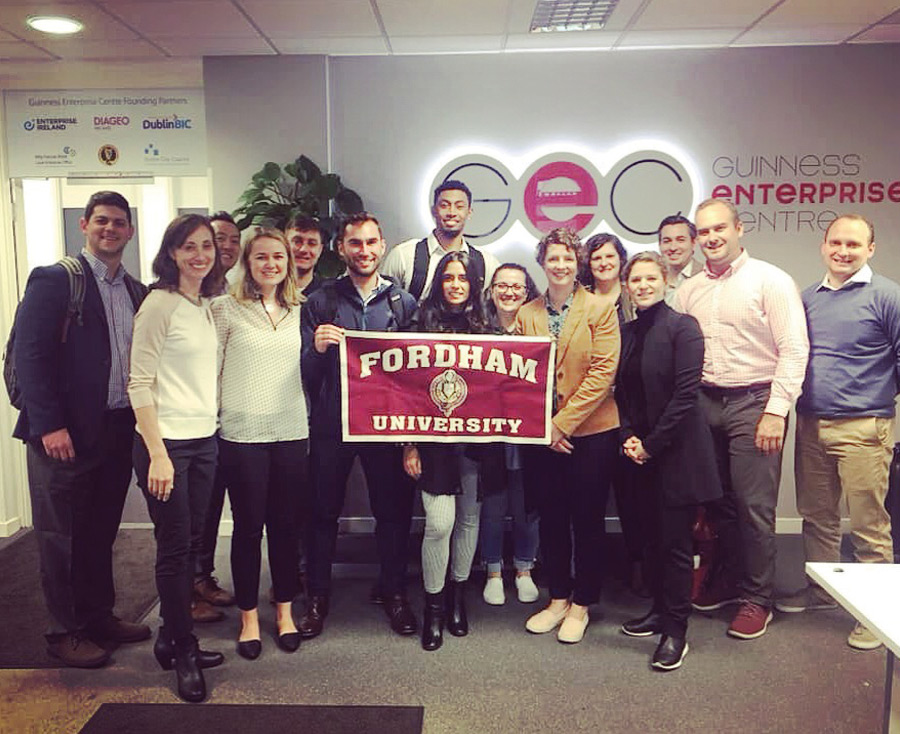
here’s no better way to learn about doing business in Ireland than to study there. The Emerald Isle is the focus of both a new graduate program beginning this fall that will offer one year of study at the University College Dublin (UCD) Michael Smurfit Graduate Business School and a new Professional MBA course that includes a weeklong immersion abroad.
here’s no better way to learn about doing business in Ireland than to study there. The Emerald Isle is the focus of both a new graduate program beginning this fall that will offer one year of study at the University College Dublin (UCD) Michael Smurfit Graduate Business School and a new Professional MBA course that includes a weeklong immersion abroad.

fall internship at Walt Disney Television couldn’t have been a better match for Sneha Neogi, BS ’20, a self-described movie buff. Working in the station’s New York City office, she got a behind-the-scenes look at what it takes to put on two of her favorite shows: “Live with Kelly and Ryan” and “The Good Doctor.”
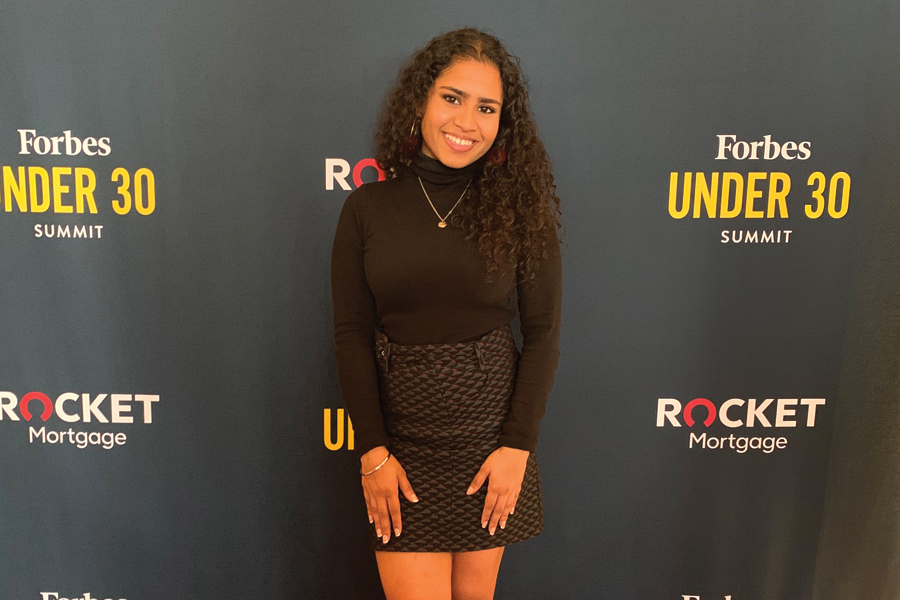
fall internship at Walt Disney Television couldn’t have been a better match for Sneha Neogi, BS ’20, a self-described movie buff. Working in the station’s New York City office, she got a behind-the-scenes look at what it takes to put on two of her favorite shows: “Live with Kelly and Ryan” and “The Good Doctor.”





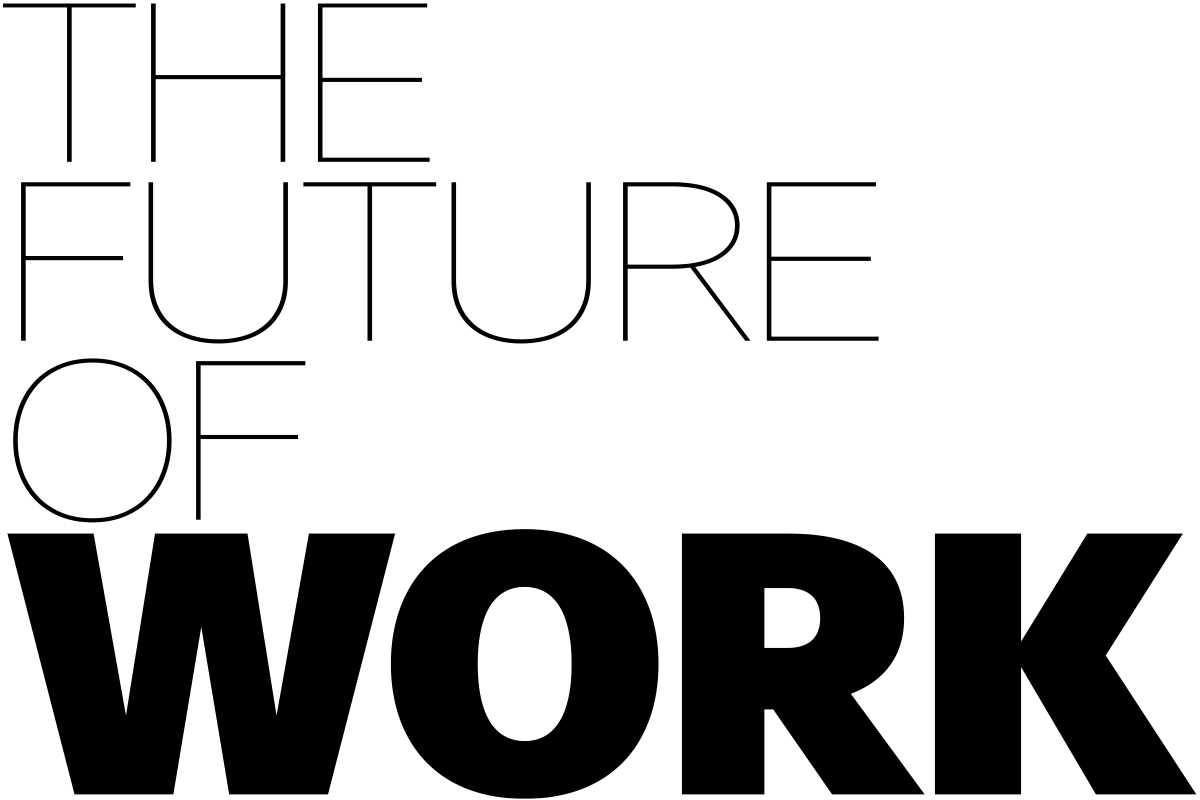
Called GigNow, it was launched in late 2017 and has already built a network of some 30,000 professionals, thousands of whom have worked on assignments at EY that last for an average of six months. For a company that traces its roots back to 1903, has a global workforce of more than 270,000 people, and operates in a business typically seen as bound in tradition, GigNow testifies to the changing nature of work in the 21st century—an evolution that has rapidly accelerated as a result of the COVID-19 pandemic.

Imagine your wardrobe featuring the latest designer styles, crafted from organic cotton and colored with natural, chemical-free dyes. Accessorize with Reishi mushroom leather handbags and shoes stitched together in factories that honor fair and equitable labor practices, with companies behind them that help to raise communities out of poverty around the globe.
For a growing number of consumers, this is the perfect picture. It’s also a snapshot of the vision business leaders are aspiring to achieve as they work to transform an industry notorious for its negative impact on the environment.
“Fashion is responsible for 20 percent of the industrial wastewater on the planet and about 10 percent of all carbon emissions,” said Cara Smyth, leader of Accenture’s Responsible Retail Sustainability practice, a Gabelli Fellow, and founder of the new Responsible Business Coalition at Fordham.
So much has changed since 1920, but there’s one thing that hasn’t changed at all: our intention to better both ourselves and the global business landscape.
Along with the Gabelli School’s growth from the five boroughs to six continents, we celebrate 100 years of dedication from our faculty, administrators, donors, and alumni. They were, are, and will continue to be change-makers and innovative leaders with the vision to redefine the way we do business. We’re standing taller than ever at 100 years, thanks to their contributions—and the core foundation we’ve upheld since the beginning.
In our first century, we realized the impact we have when we live up to our true potential—to out-inspire, out-network, out-innovate, and outlast…upending the status quo.
Join us for our next 100.
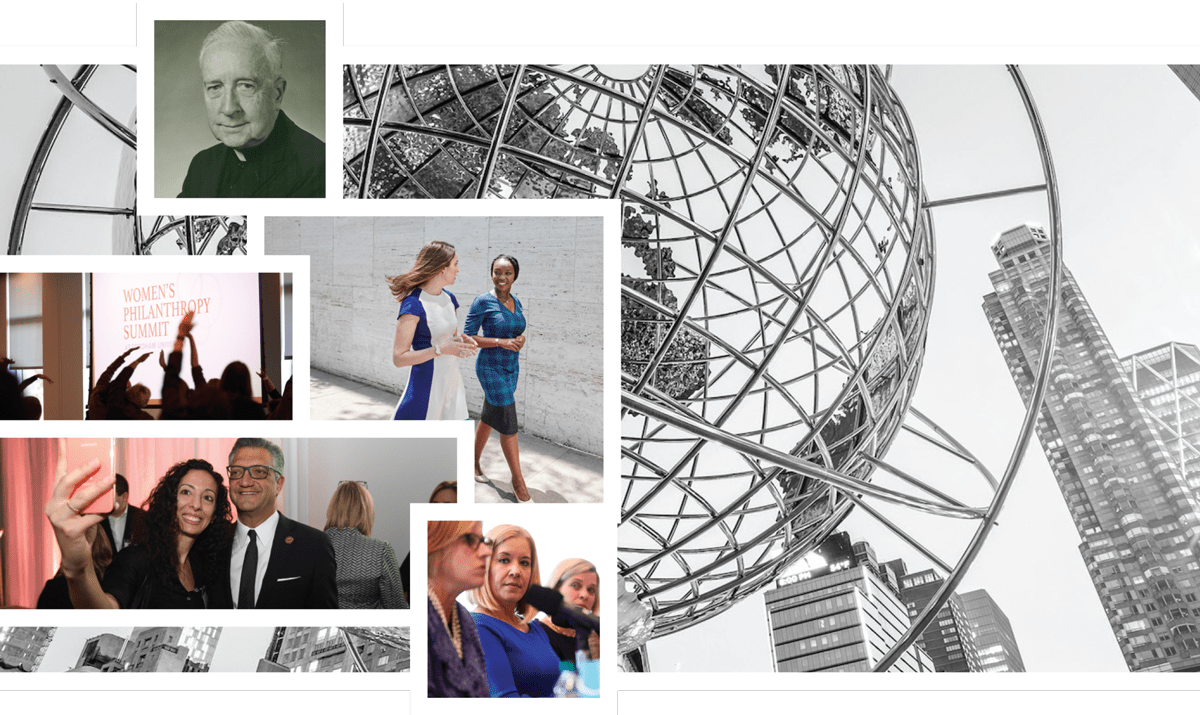
So much has changed since 1920, but there’s one thing that hasn’t changed at all: our intention to better both ourselves and the global business landscape.
Along with the Gabelli School’s growth from the five boroughs to six continents, we celebrate 100 years of dedication from our faculty, administrators, donors, and alumni. They were, are, and will continue to be change-makers and innovative leaders with the vision to redefine the way we do business. We’re standing taller than ever at 100 years, thanks to their contributions—and the core foundation we’ve upheld since the beginning.
In our first century, we realized the impact we have when we live up to our true potential—to out-inspire, out-network, out-innovate, and outlast…upending the status quo.
Join us for our next 100.

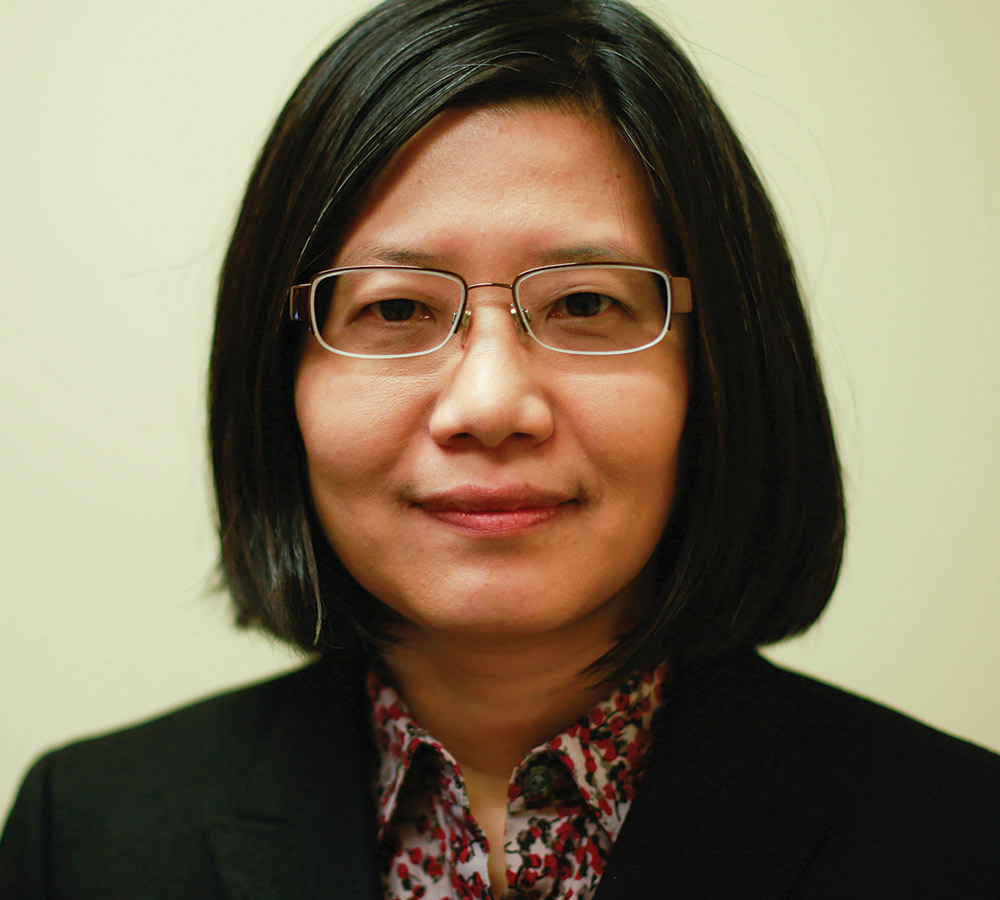
Assistant Professor of Strategy and Statistics
Think about the last time you had to share bad news with a friend or family member. Did you come right out and say it or did you dance around the issue?
It’s human nature to want to decrease negativity in a conversation, but Eun-Hee Kim, Ph.D., assistant professor of strategy and statistics at the Gabelli School, says something similar happens when it comes to businesses reporting bad environmental news.
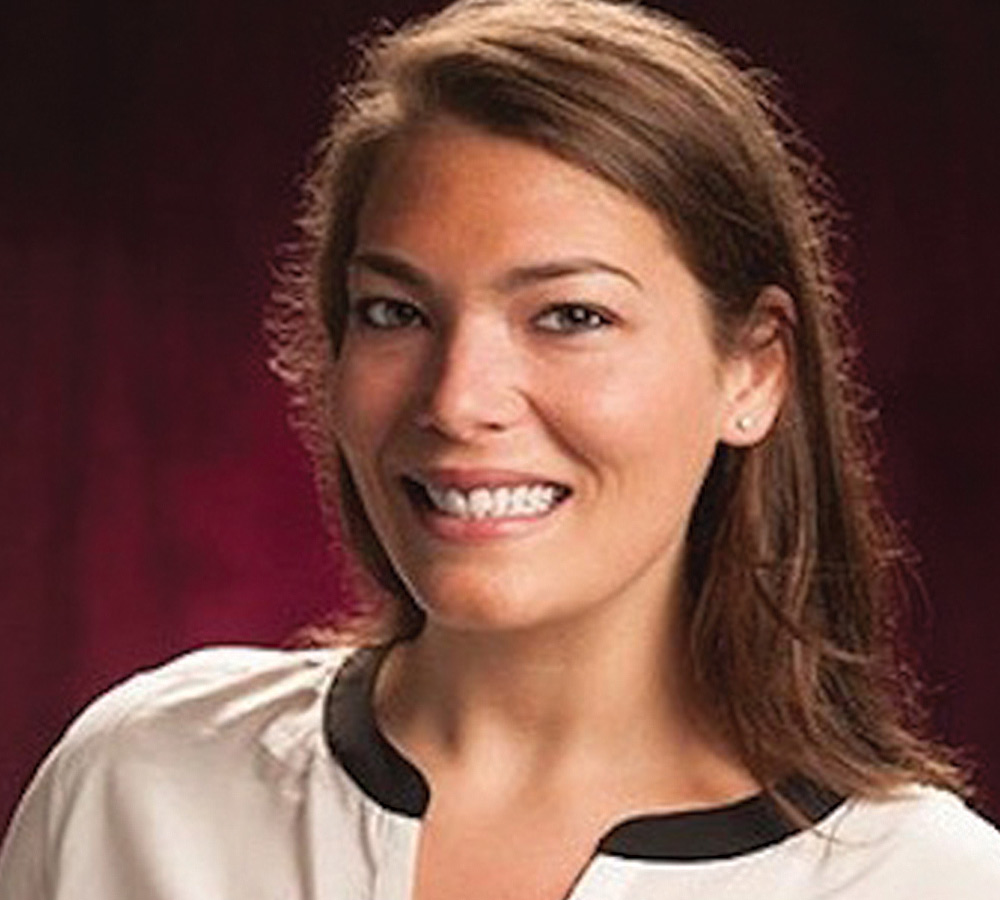
Assistant Professor of Communications and Media Management
With the rise of digital journalism, news organizations have undergone a dramatic shift in how they develop content and distribute it. Technological advances combined with the rapid growth of data generation mean news is no longer only printed in newspapers and delivered to your doorstep. As digital technology has developed, newspaper circulation has decreased and the traditional newsroom has evolved.
How are media companies adapting to such immense institutional change? What does the transformation in the industry mean for its workers? Allie Kosterich, Ph.D., assistant professor of communications and media management at the Gabelli School, explored these questions in a 2019 paper published in the Journal of Media Business Studies. She conducted semi-structured interviews with 20 news editors and managers across 17 global news firms to learn about strategies companies are using to manage the digital world of journalism and its evolving workforce.
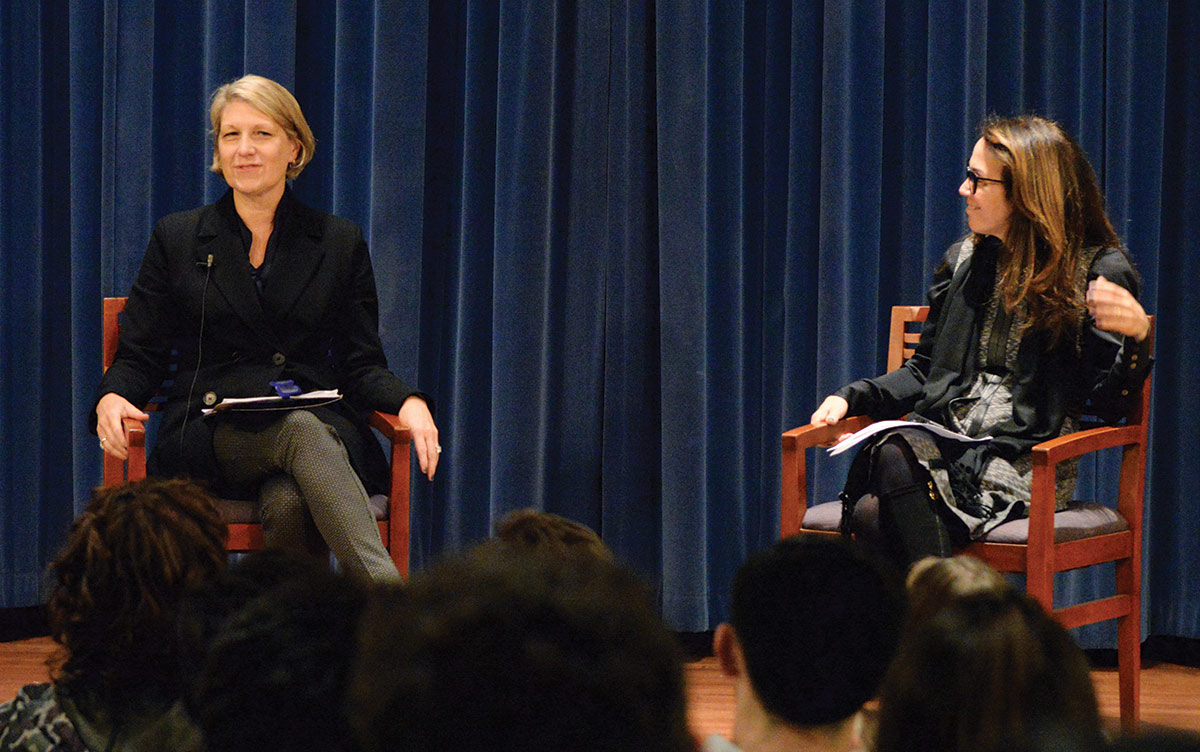

The following excerpt was adapted from their October 11, 2019 discussion held at the Gabelli School.
Dean Rapaccioli: Can you tell us a little about your career path? What was the journey like, in terms of the paths you chose to take, and those you chose not to take?
Marcia Page: I kind of fell into investing. I grew up in a small town in Minnesota, and growing up in the 1970s, there was a deep recession and there were no jobs. After college, I went straight to the University of Minnesota for my MBA. My first job was as a financial analyst for Cargill, a huge private agricultural firm. Little did I know that I had a sponsor in the firm. He was layers ahead of me, but always made sure I got interesting projects and had visibility with senior leadership.
The success of the PGA Tour lies in the compelling storylines of the golfers’ individual quests for achievement—making the tournament cut, winning a tournament, qualifying for the FedEx Cup Playoffs, and the ultimate challenge of making it onto the Tour, where victory is often determined by a single stroke.

While some golfers make the cut, others miss it. Making the Cut: Life Inside the PGA Tour System, written by John A. Fortunato, Ph.D., documents the stories of golfers on both sides of the dividing line. It explains the complex qualification system of the PGA Tour and depicts a series of compelling stories about professional golfers and their personal experiences and challenges.
Based on interviews with more than 20 professional golfers—including multiple-tournament winners Xander Schauffele, Kevin Kisner, and Jim Herman—Making the Cut: Life Inside the PGA Tour System provides new insight into the PGA Tour system, the events affecting tournament outcomes, and the career-changing opportunities that result.
John A. Fortunato, Ph.D., is the author of five books and has published more than 50 journal articles and book chapters.
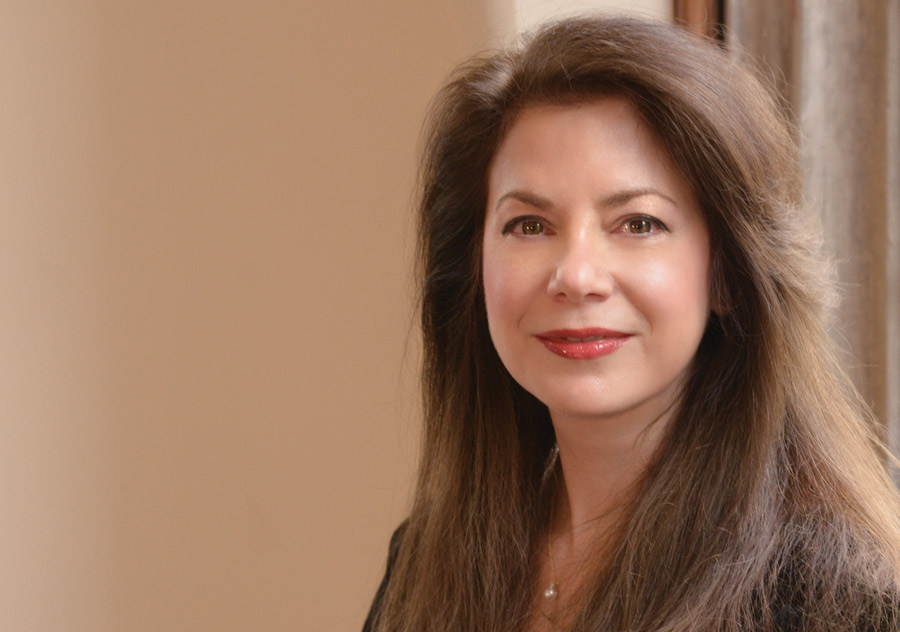
In the Uffizi Gallery in Florence hangs one of the most famous Renaissance works of art, Botticelli’s Primavera. It depicts nine mythological figures, including the Three Graces, goddesses representing feminine virtues, shown dancing.
“It is the most magnificent portrayal of women,” said Barbara Porco, Ph.D., who doesn’t miss a chance to view the painting whenever she visits Italy.
An accounting professor at the Gabelli School of Business, Porco had originally planned to be an art major. “My great-grandfather came to this country in 1895,” she said, “and he was commissioned to do the chiseling in some of the landmark buildings in New York City,” including the New York Public Library. Her mother is also an artist who paints with watercolors.


